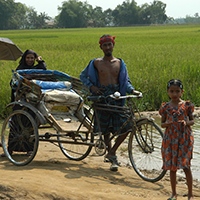News
Money-Box-of-Joy: Smile for Children in Bangladesh
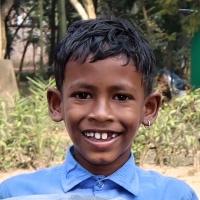
In December, Money-Box-of-Joy brought Christmas smiles and practical support to children in Bangladesh. Thanks to your generosity, these small gifts were transformed into practical help that improves children’s daily lives and gives them a sense of belonging. It shows them that someone is thinking of them.
Read full articleBanglaKids 2025: Hope Growing with Every Child
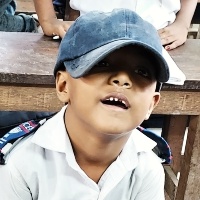
The year 2025 was a year of challenges for the BanglaKids program, but also one filled with joyful moments, unique events, and unforgettable encounters. Despite IT-related complications and delays in delivering materials from the children, we succeeded in increasing the number of supported children from disadvantaged families in Bangladesh.
Read full articleAnna: Family Ties in Bangladesh
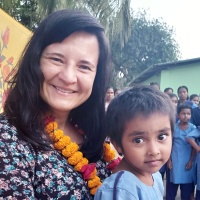
After fourteen years of supporting children in Bangladesh, Anna — a BanglaKids donor and the wife of the programme’s director — travelled to Bangladesh for the first time to meet the children in person. The journey began with an unexpected delay and a stolen mobile phone, and ended with deep inner peace, unexpected encounters and a beautiful vision of how to continue helping children in the future.
Read full articleIvanka: 'Bangladesh changed my life. Now, I am myself.'
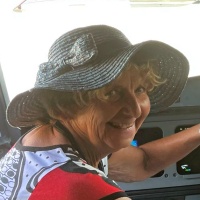
A little girl from Bangladesh received support from donor Ivanka Hana (76) for almost twenty years to help her with her studies. Now grown up, she is a young, confident woman with a bachelor's degree. She works as a nurse, continues her education, and helps others. When they finally met in Bangladesh after all those years, they both cried. "I've loved you for twenty years," said Ivanka.
Read full articleIvanka: From Gymnasium Boxes to Bangladesh, Ice Baths and Grandchildren’s Solidarity
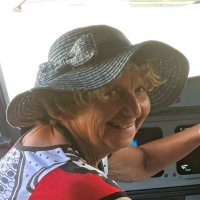
Teacher, volunteer, athlete and donor with inexhaustible energy and a big heart. Ivanka Hana tells about the beginnings of the humanitarian organization ADRA, 19 years of support for the Bangladeshi girl Misty, solidarity of her grandchildren, barefoot walking, ice swimming and the beginning of playing the piano at the age of 71! She is living proof that it is possible to live an active life at any age.
Read full article

